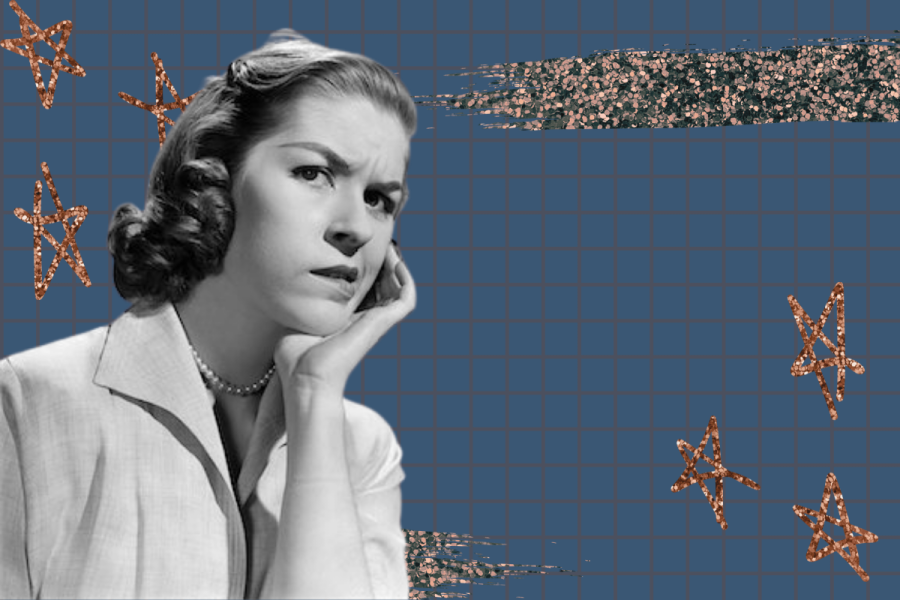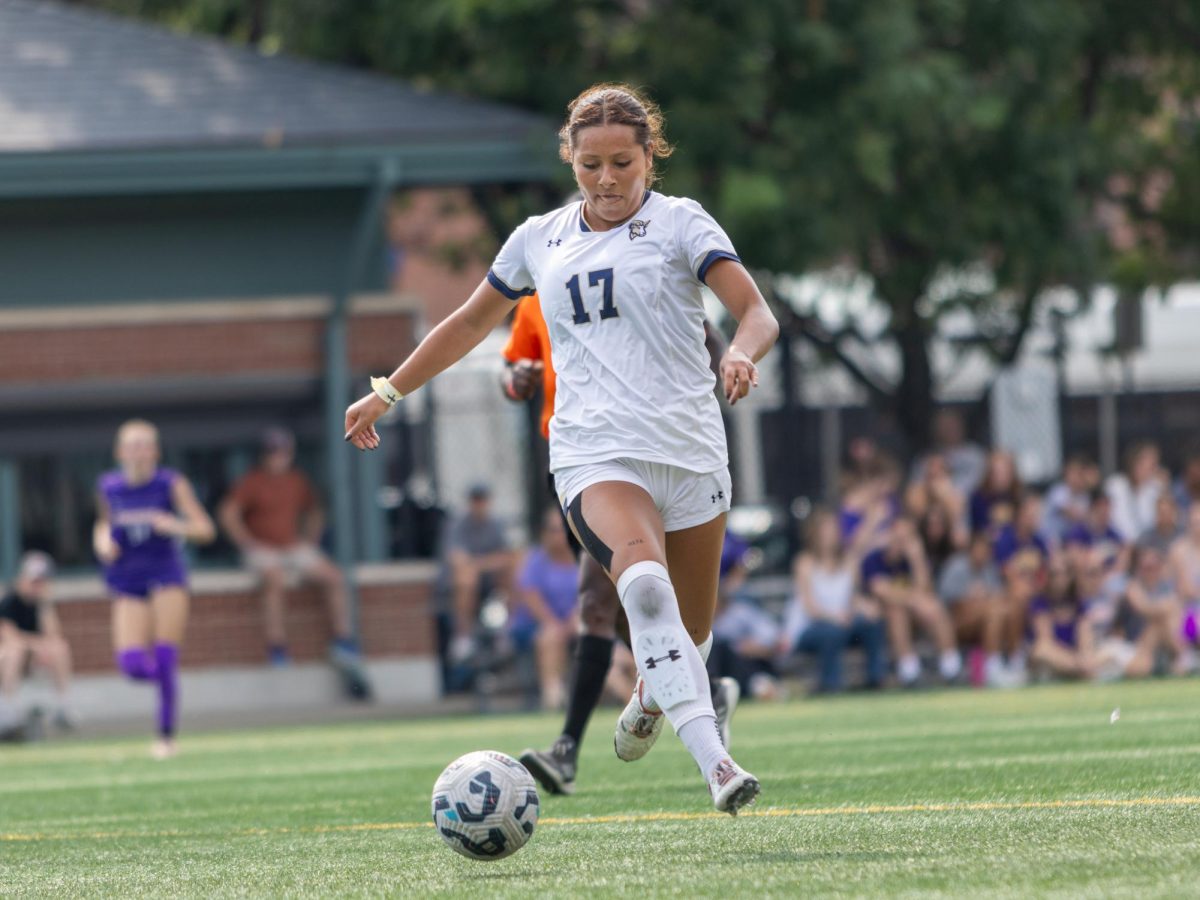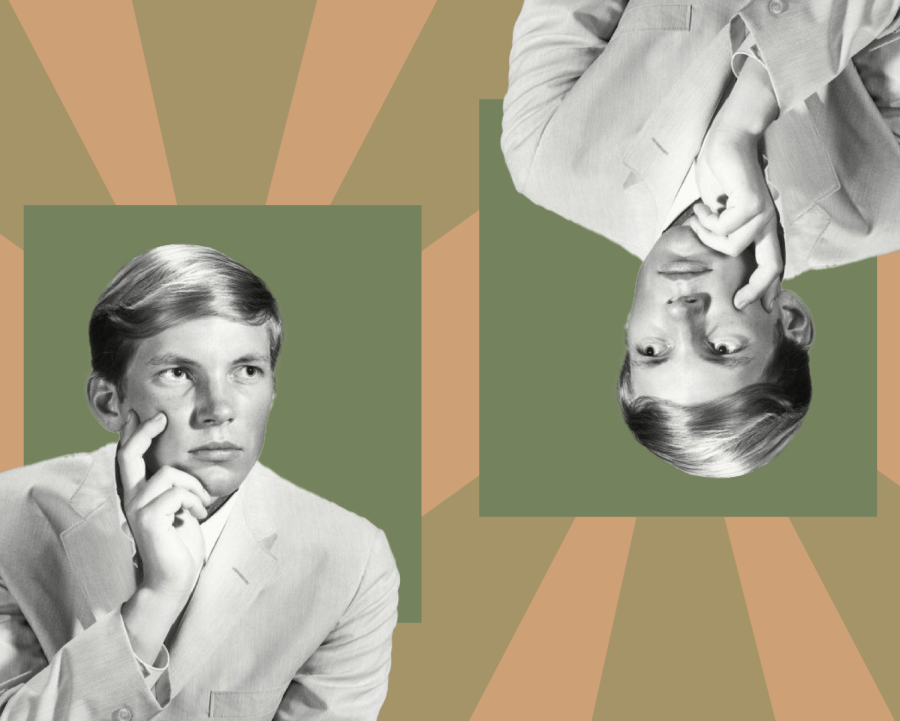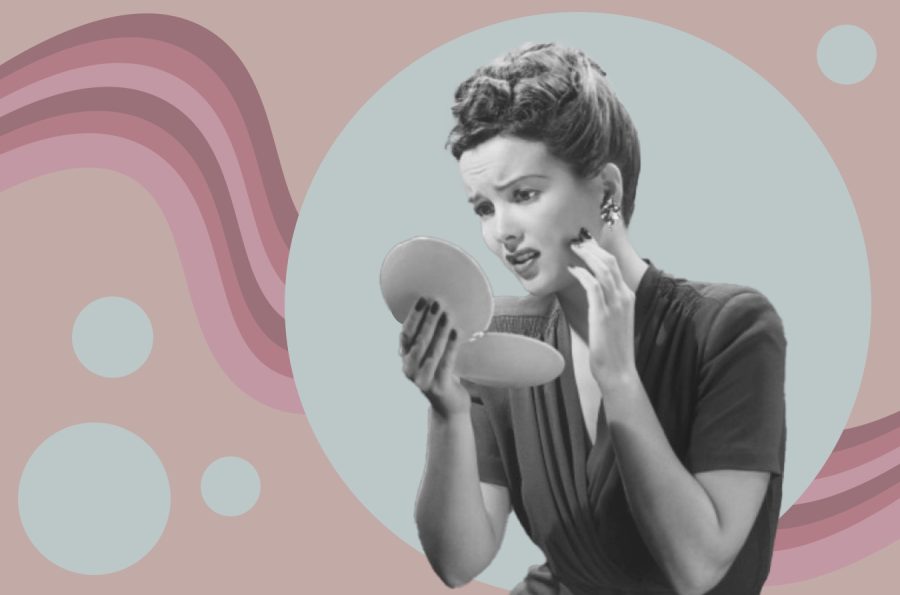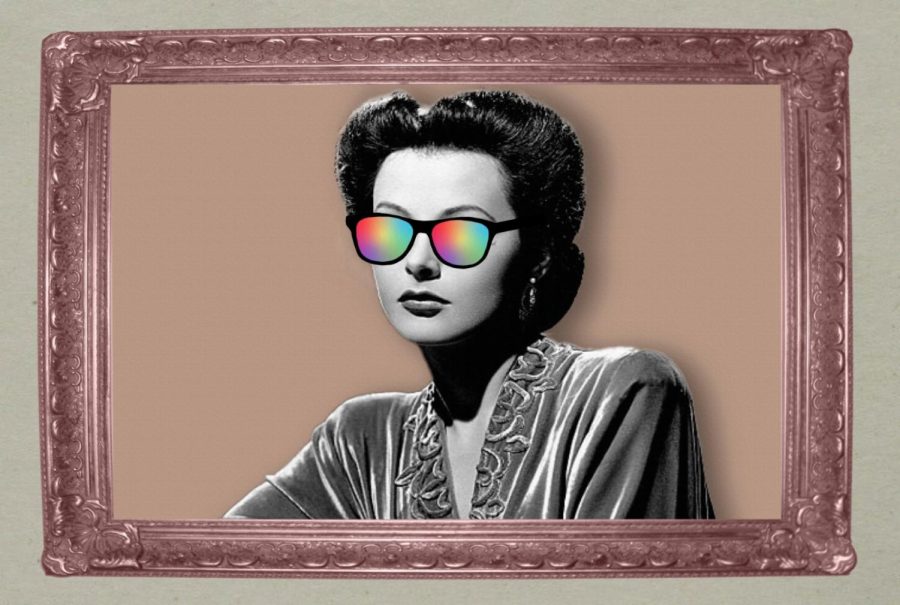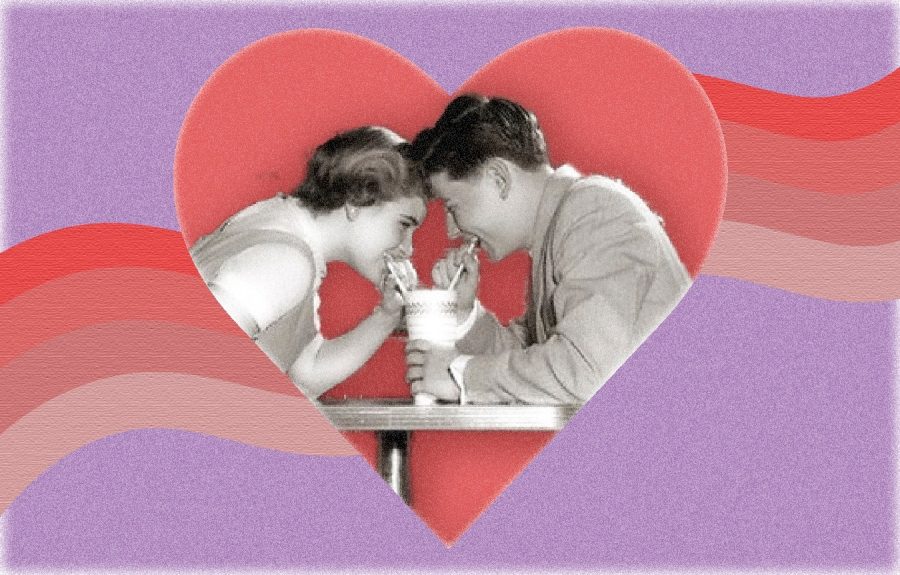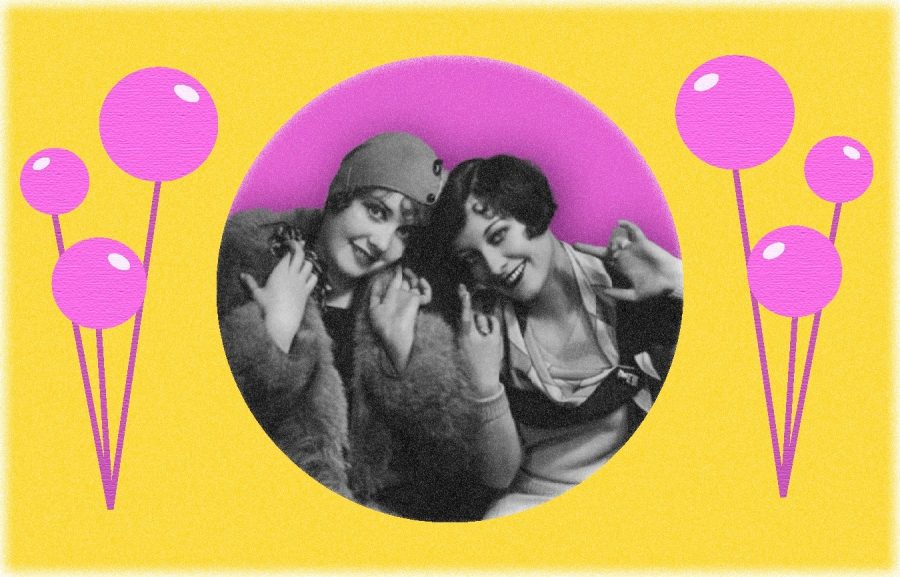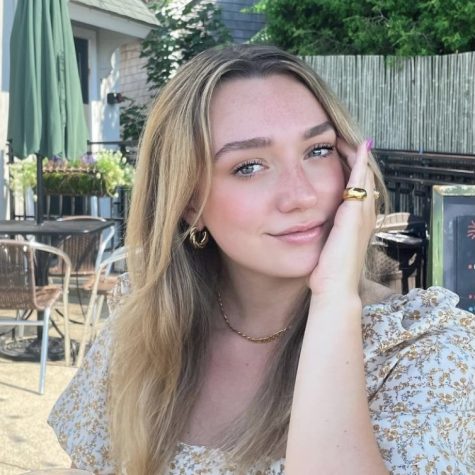Student and the City is a column dedicated to asking the big questions that all college-aged students are asking. It will explore different social concepts within the younger generations regarding relationships, lifestyle, social media and more.
I come from a small town and went to a high school with a class of just over 200 people. We were known for our winning sports teams, intense music program and entitled students, as expected when growing up in a bubble. Everyone knows everyone in our little town, meaning everyone knows your business. (Also everyone dates everyone… even well after graduation).
Returning home from college for Thanksgiving break and attending our annual football game, filled with every graduating class since my grandpa’s younger days, makes me absolutely sick to my stomach. Walking through my hometown Target has become a game of hide-and-seek, dodging every person I might know from childhood. Going to my town beach in the summer consists of me sprinting past the group of ex-football players and “popular” girls tanning near the same lifeguard stand. Posting on social media makes me a ball of angst as I hear all my former classmates whispering about me over my shoulder.
After all this time, why do I care what they think? Why do I get instant anxiety anytime I run into a person I had seen every day since I was a child? Will those few years spent with those people affect me for my entire life?
The question is: why does it make me sick to think about high school?
There is just something about high school that forms the most intensely judgemental society. If you were in the same school system since you were very young, like myself, you are practically growing up in front of all of your peers. They see every phase you go through — including the awkward phases. My classmates saw me as a five-year-old Girl Scout, a peace sign obsessed fourth grader, a fedora-wearing, Harry Potter-loving preteen and a shy, theatre nerd teenager. They see every mistake you make while you are growing, learning and developing your identity.
During your teenage years, you are so incredibly vulnerable. Everyone is self-conscious and heavily influenced by the media and pop culture, and therefore are severely judgemental of others who are going through the same thing. I became constantly nervous to make the wrong move.
This pressure is almost nonexistent in college. I feel like I can chop all my hair off, wear whatever I want, stand up for what I believe in and identify anyway I wish — because honestly, my peers don’t really care that much. College is a safer space to grow and experience things privately because what I do doesn’t really matter to my classmates. Students in college tend to accept you for who you are compared to the close-minded acquaintances in the shielded bubble of your hometown.
Once you get to college, you get to start fresh. It is a time dedicated to creating the person you are going to be and you are happy with. The people you do this with don’t know your life story or who you used to be. I didn’t like the person I was in high school and I am a completely different person now. It is embarrassing for me to see people from my past because they know me as the “old me.”
For some, those were the glory days. While I was lucky enough to have a tolerable experience, and some great times to pair with the bad, returning home is a reminder of how I felt during those years. I felt unseen, belittled and unhealthily aware of myself. Seeing certain peers can bring back memories that I don’t want to remember. Sometimes, it’s an involuntary reaction of anxiety that sits heavy on my chest of a feeling I don’t miss.
Unlike the old days wheren you wereare completely disconnected from the buddies of your younger years until your high school reunion, the beauty of social media allows ghosts of your past to keep constant tabs on you throughout your life. Why do I hesitate to press the share button at the worry of what they will think? Why do I care so much? I somehow have a deep-rooted desire to please them and fear to make them perceive me in a way I don’t want to be perceived. My college friends do not even cross my mind in these moments.
Extreme fakeness is a result of running into past classmates. When you are with the same people for a majority of your day, five days a week for years and years, you learn to be a people pleaser — it is the only way to survive. You can’t feud with someone or tell them what you really want to because then you have to deal with awkwardly seeing them every day or live with the embarrassment. The best part is that gossip spreads in a small town, and suddenly everyone knows what happened and naturally starts to pick sides.
In high school, you never know who is actually interested in talking to you or who is pretending. In college, you don’t have to make friends with everyone around you because you really have to make an effort to see the people you want to see. You are not passing each other in the halls, or sitting next to them in every class or involved in the same extracurricular activities. Therefore, if someone is starting a conversation or asking you about your life, you can be confident that they truly do care.
College is much less cliche-y. You don’t fit into one group. Instead, students are very independent and self-focused. It doesn’t matter who’s the class president or who the captain of the football team is. It is a huge diverse hub with plenty of different societies to join by choice. Why was every single thing a competition in high school?
Half of my hometown moved as far away as they could to bigger things, and the other half will stay there and birth the next generation of high schoolers. I truly believe that there is no right way to spend your life and everyone should do what makes them personally happy. For me, my town will always have a special place in my heart but until I can shake this feeling, I will be on a plane headed elsewhere until further notice.


